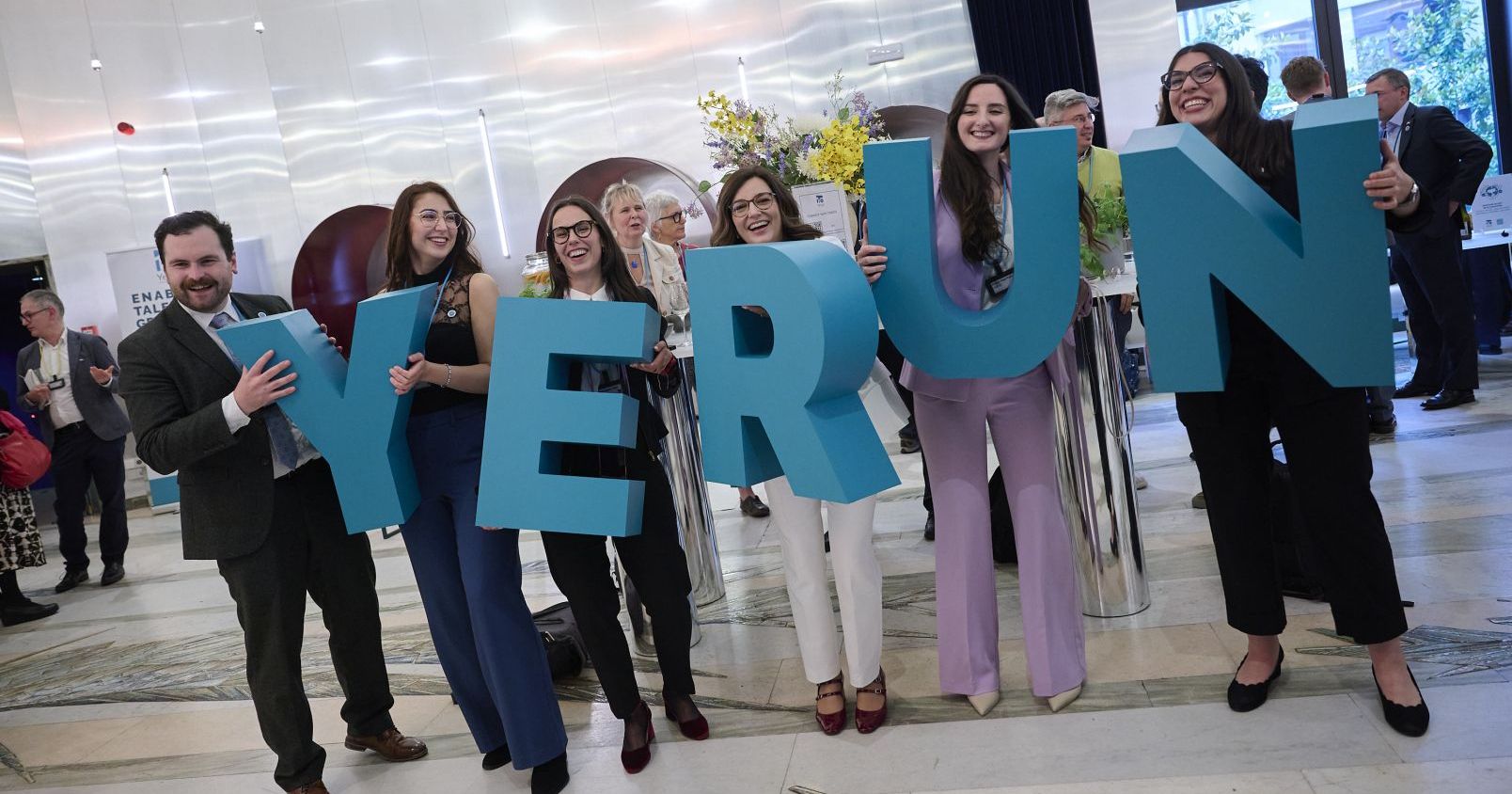 Campus life
Campus life
YERUN Celebrates Its 10th Anniversary
"With hope for the future, we grow together!" – under this motto, the Young European Research Universities Network (YERUN) celebrated its 10th anniversary with a conference held in Brussels. Nicolaus Copernicus University in Toruń (NCU) is one of the member institutions of the network.
The event brought together representatives from YERUN member universities as well as policymakers shaping Europe's science and research landscape. It served not only as a celebration but also as an opportunity to reflect on the future of European higher education and scientific research. The discussion panels addressed key topics such as university sustainability, the challenges of digitalizing education, internationalization, mobility, and the role of young universities in shaping European policies.
– YERUN is not only a network, it is a community of shared purpose – emphasized Dr hab. Adam Kola, NCU professor and Vice-Rector for Research, who also serves as Vice-Chair of the YERUN Board. – We may be young, but we are ambitious. We are not here to replicate old models, but to build new ones – rooted in values, grounded in excellence, and open to the future.
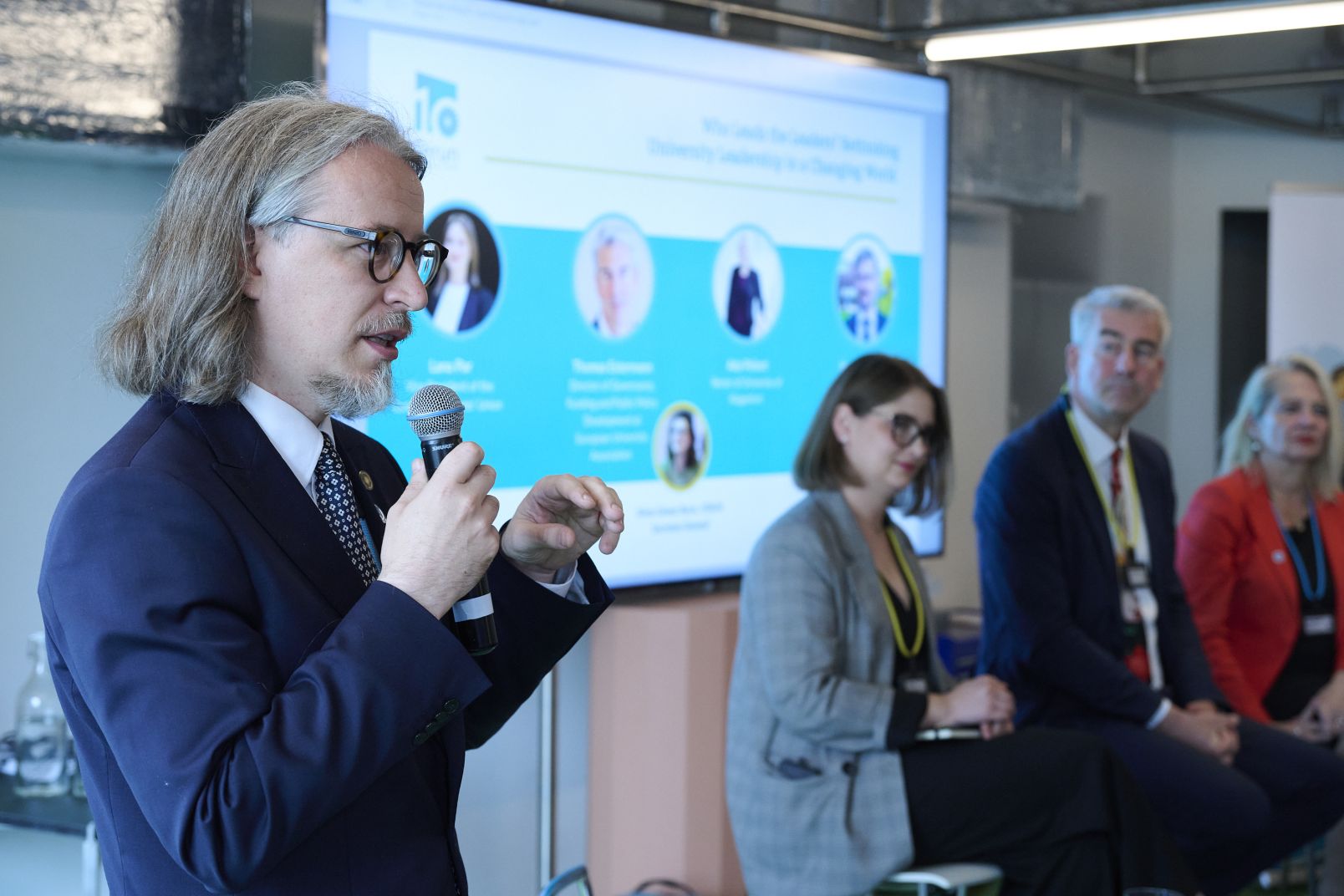
Jérôme Hubert/Studio Soa Be/YERUN
The anniversary conference was also an opportunity for researchers from partner universities to present their work in a TED Talk-style format. Among the speakers were Prof. Gideon Koekoek from Maastricht University, who works on gravitational waves and general relativity. Prof. Gabriela Spilker from the University of Konstanz addressed the topic of political, linguistic, and legal inequality. One of the speakers was also Prof. Adam Izdebski, who will begin implementing an ERC Synergy Grant project at NCU in Toruń, focusing on historical epidemics in Europe (plague, smallpox) and how knowledge about them translates into actions during contemporary pandemics. Attendees could also hear about Mars and future space missions thanks to Prof. Cyprien Verseux from the University of Bremen, and about harmful to human health chemicals – PFAS – and the civilizational consequences of exposure to these substances, presented by Prof. Tina Kold Jensen from the University of Southern Denmark. The series of talks concluded with a speech by Jamil Salmi, a global expert in higher education who advises governments, universities, professional associations, multilateral development banks, and bilateral cooperation agencies on education policy.
Representing NCU at the Brussels celebrations were Karolina Jarzynka, Deputy Head of the Research and Projects Support Department, and Lucyna Kejna, Head of the International Projects Section.
Among the speakers and invited guests at the conference were:
- Henna Virkkunen – Vice-Chair of the European Commission on Technological Sovereignty, Security and Democracy;
- Roxana Minzatu – Commissioner for Innovation, Research, Culture, Education and Youth;
- Prof. Andrzej Szeptycki – Undersecretary of State at the Ministry of Science and Higher Education of the Republic of Poland;
- Christina Egelund – Minister for Higher Education and Science of the Kingdom of Denmark;
- Dr Eszter Lakos – Member of the European Parliament, ITRE Committee member;
- Prof. Maria Leptin – President of the European Research Council (ERC);
- Pauline Rouch – Director of the Common Policy Centre, Directorate-General for Research and Innovation (DG RTD), European Commission;
- Maria Cristina Russo – Director for Prosperity, DG RTD, European Commission;
- Dr Lina Gálvez Muñoz – Member of the European Parliament, Vice-Chair of the ITRE Committee;
- Dr Jon Deer – Treasurer of the European Alliance for Social Sciences and Humanities (EASSH);
- Caroline Vandierendonck – Head of the STEP Platform Unit, Directorate-General for Budget (DG BUDG), European Commission;
- Susanne Conze – Head of the Higher Education Unit, DG EAC, European Commission;
- Claire Morel – Head of the Marie Skłodowska-Curie Actions Unit, DG EAC, European Commission;
- Dr Wainer Lusoli – Deputy Head for the Reform of the European Research Area and Research Infrastructures, European Research Executive Agency (REA).
To mark the anniversary, a special publication titled "What does it mean to be a young research university? Reflections and stories from YERUN", was released. It features reflections from member university representatives on the value of collaboration within the network and its impact on institutional development.
Experts from across Europe were involved in organizing the event, in particular the association's board led by Prof. Dag Rune Olsen, Rector of the University of Tromsø, and the Brussels YERUN office led by Silvia Gomez Recio.
YERUN was founded in 2015 and currently brings together 24 young, dynamic research universities from across Europe. The network is committed to building a fairer, more open, and inclusive higher education and research system. Headquartered in Brussels, YERUN has, from the beginning, worked to strengthen the voice of young universities in the European public debate. YERUN's main goals include promoting research and innovation, fostering international collaboration, representing the interests of young universities within European institutions, and supporting reforms in research assessment, education, and academic mobility. Nicolaus Copernicus University joined YERUN in 2023. Membership enables active participation in European and national-level dialogue, effective representation of the interests of Polish research universities, joint participation in research and educational projects, and access to advanced tools and best practices in research management. One of the key outcomes of YERUN's collaborative efforts is the development of CONNECT by YERUN – a platform for finding project partners and research funding opportunities.
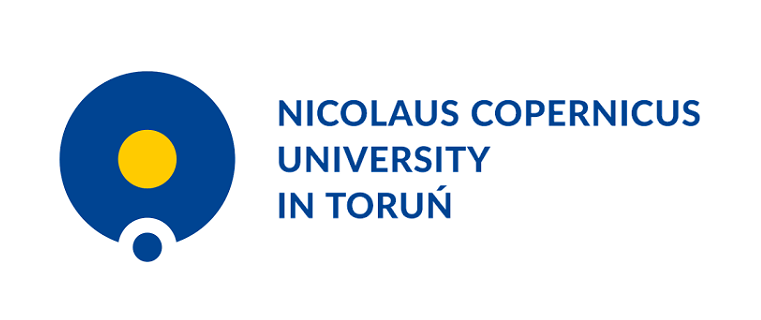 NCU News
NCU News






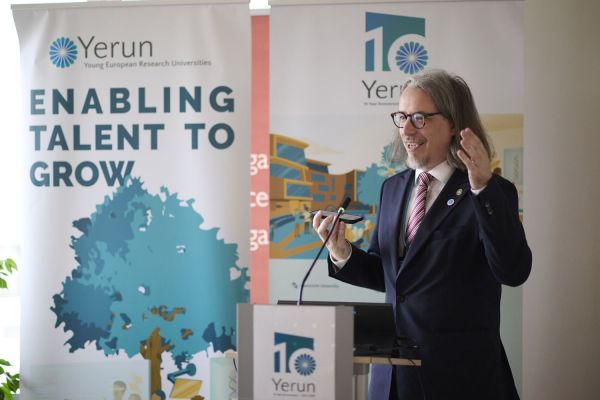
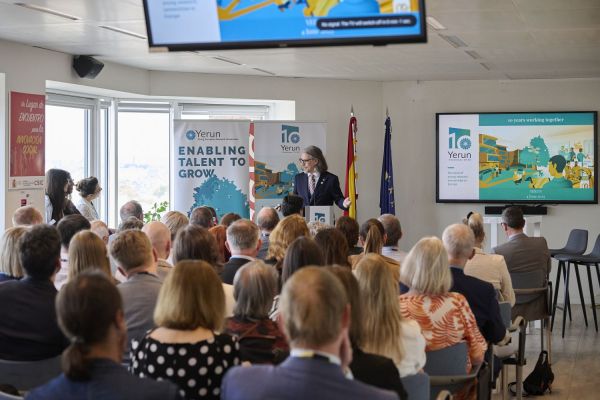
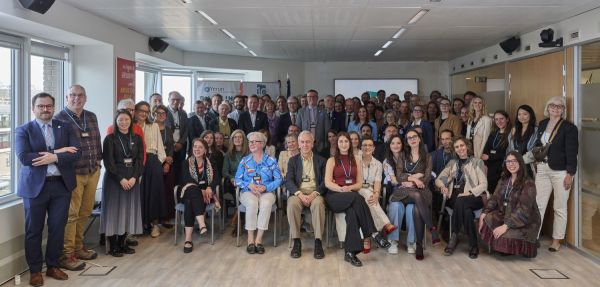
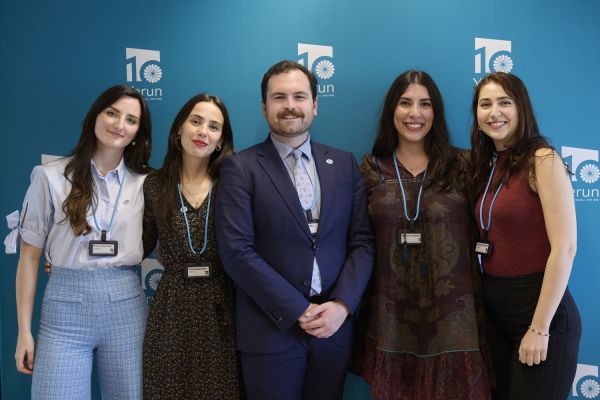
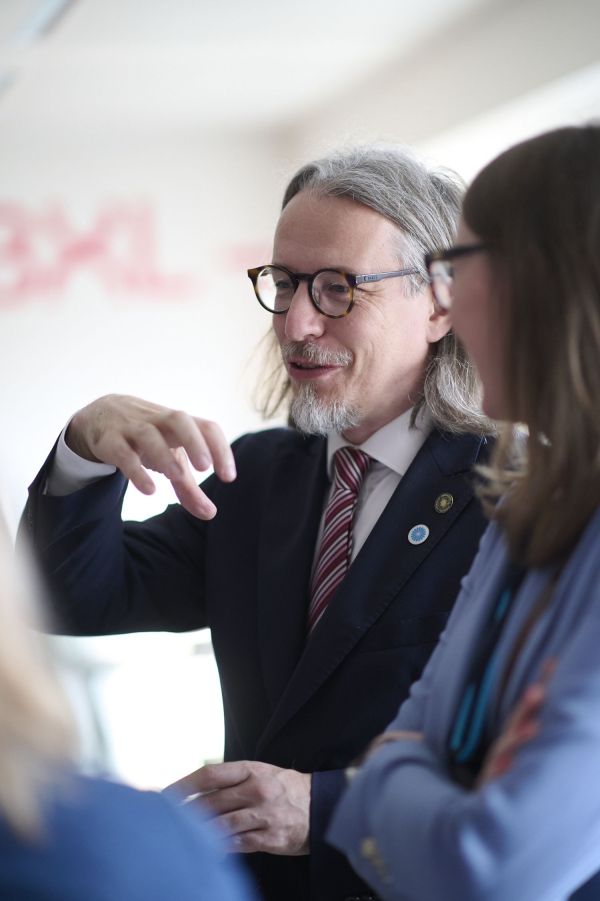

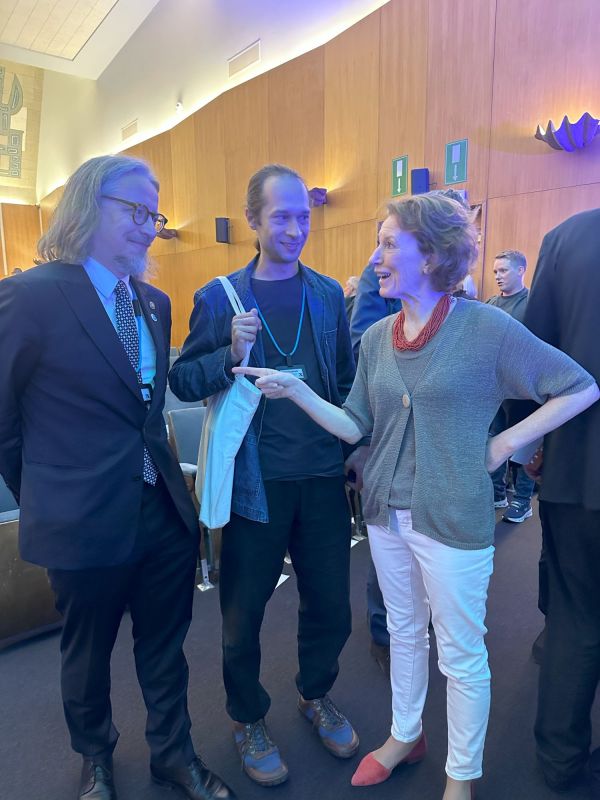
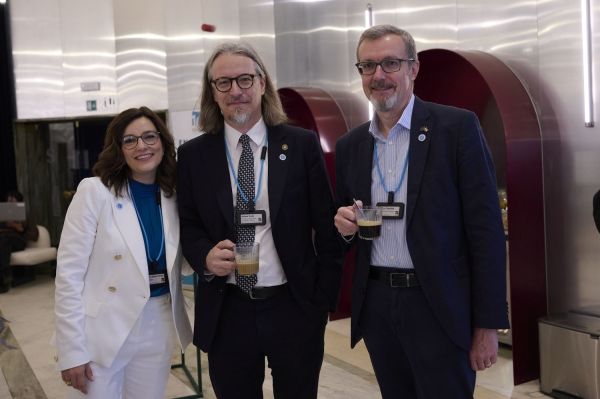
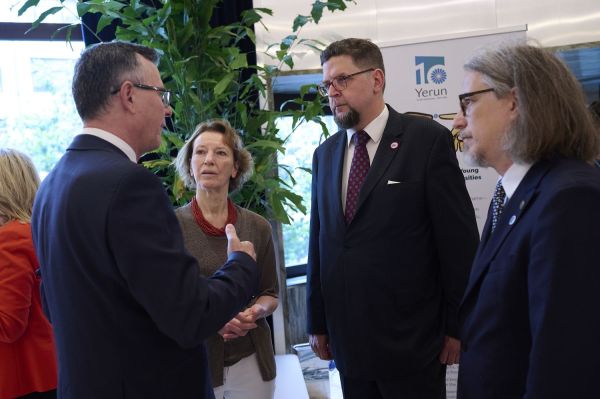
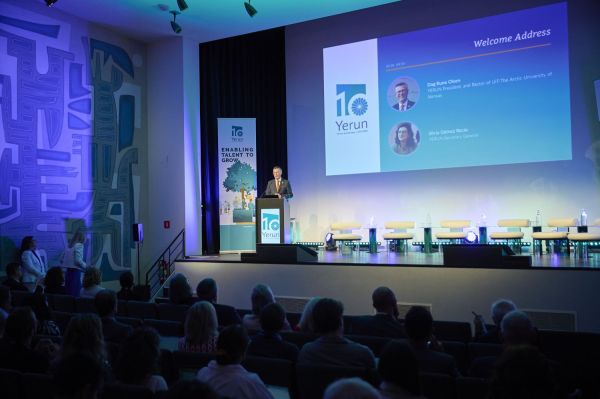
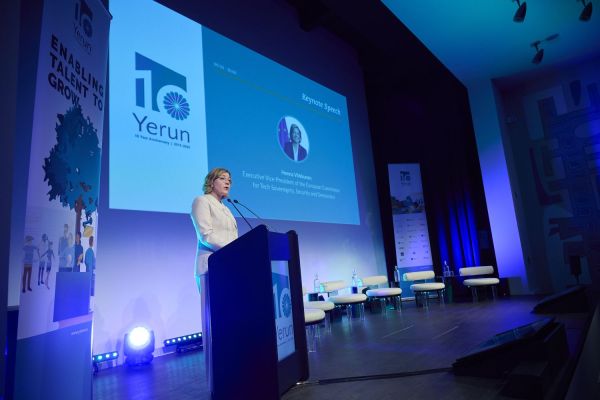
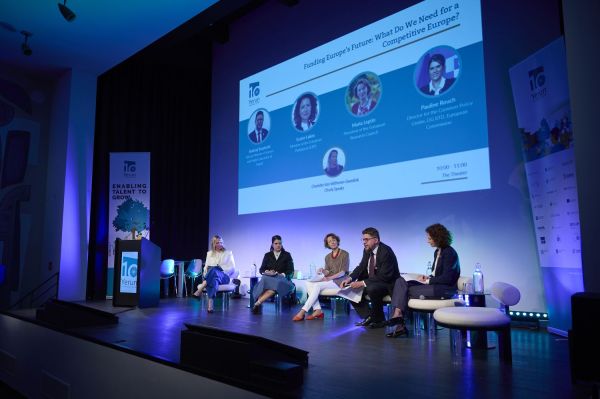
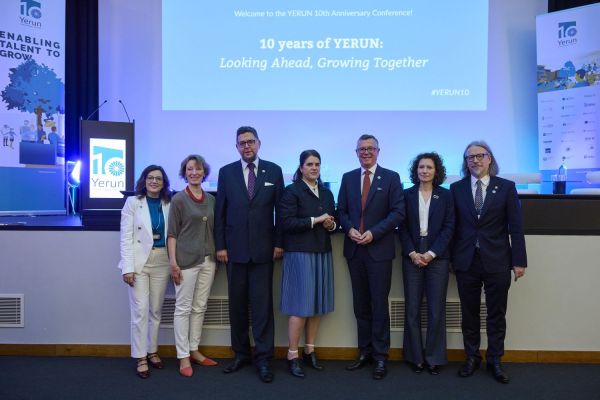
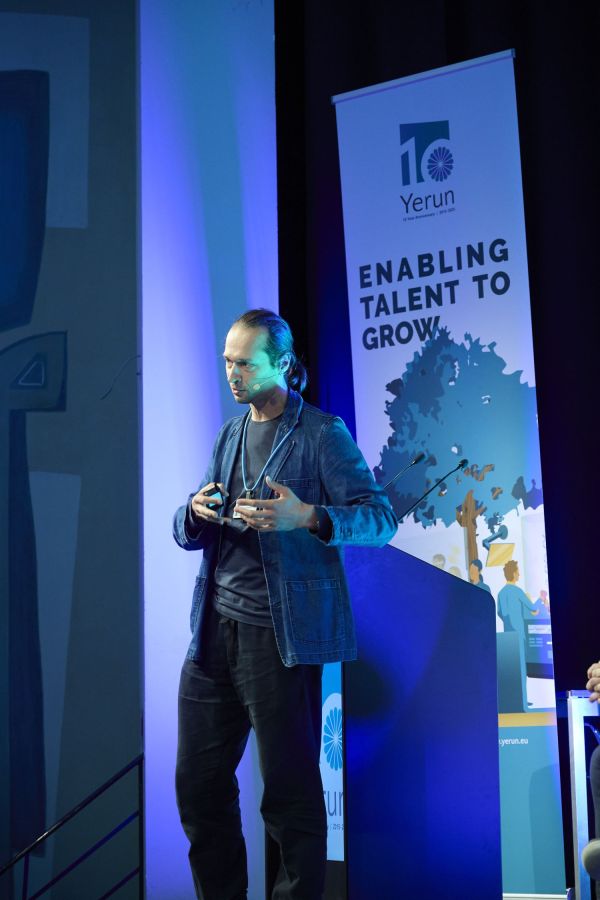
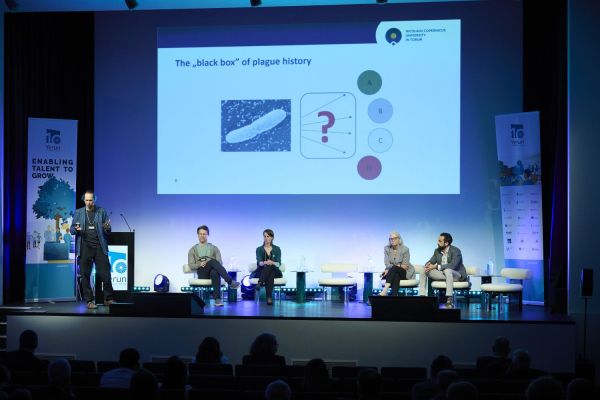
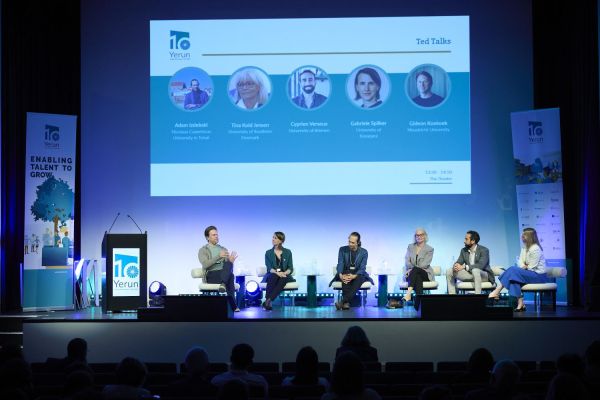
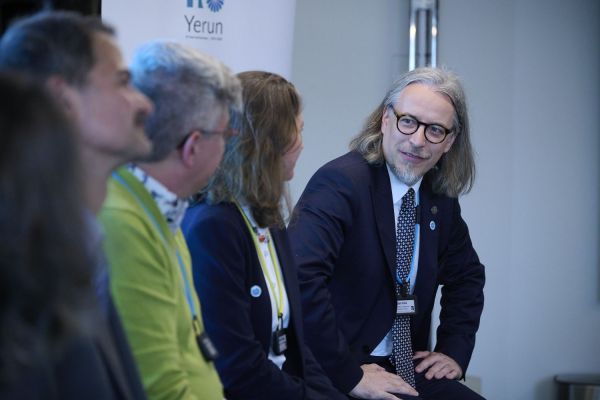
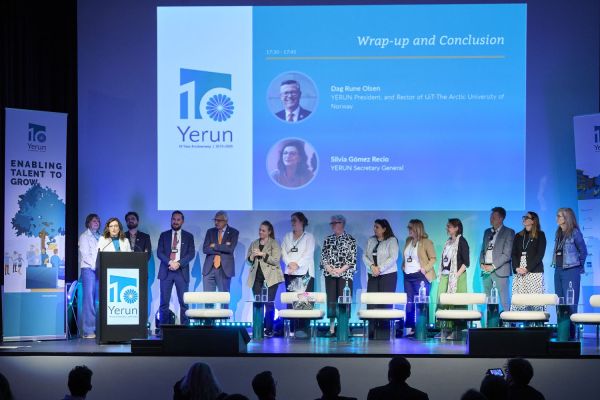
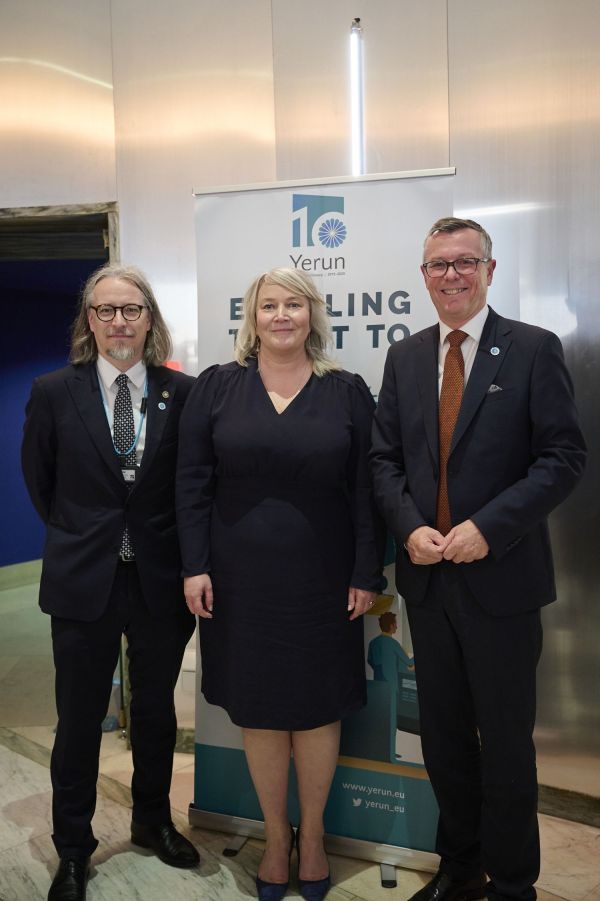
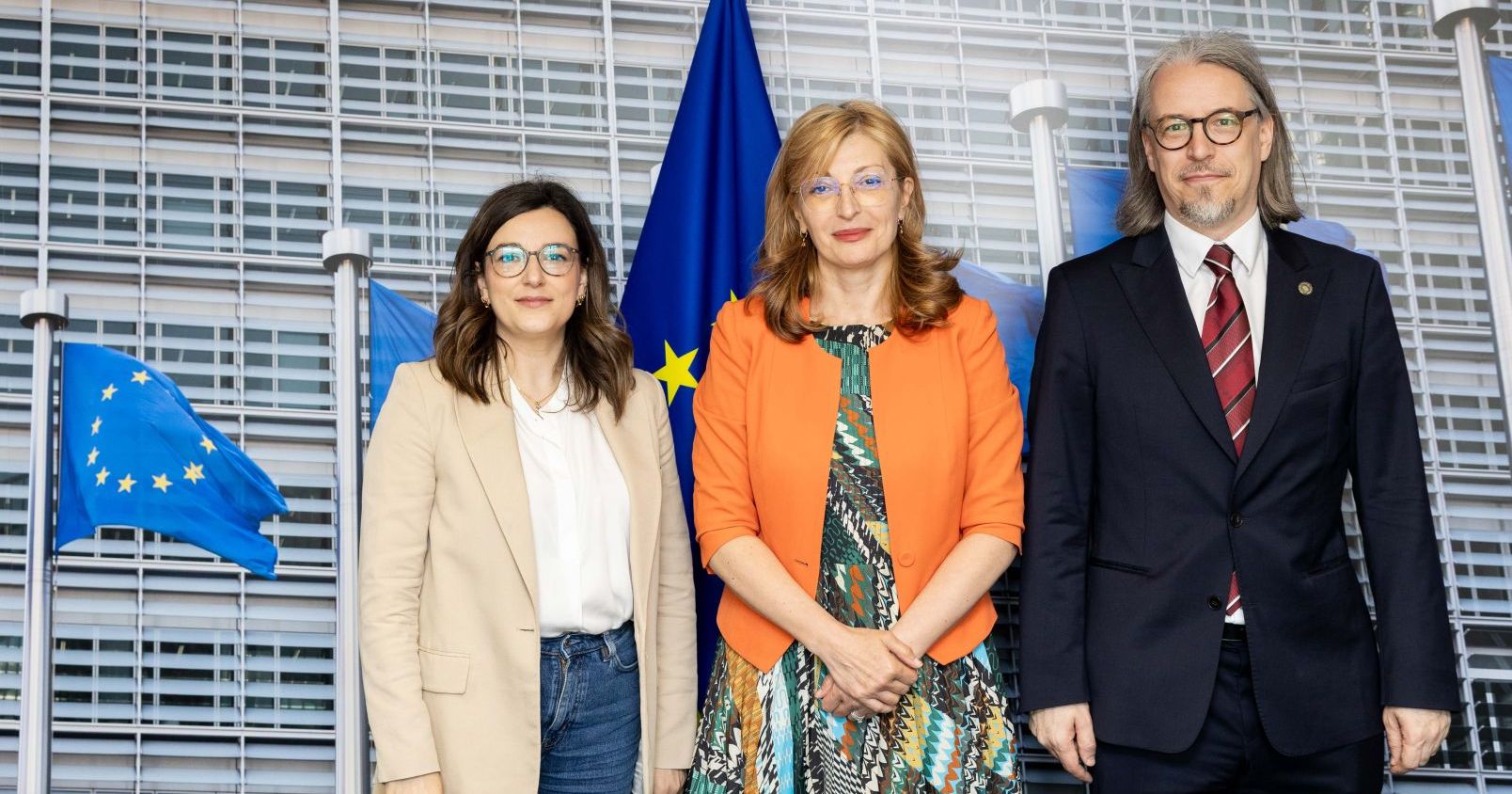 Campus life
Campus life
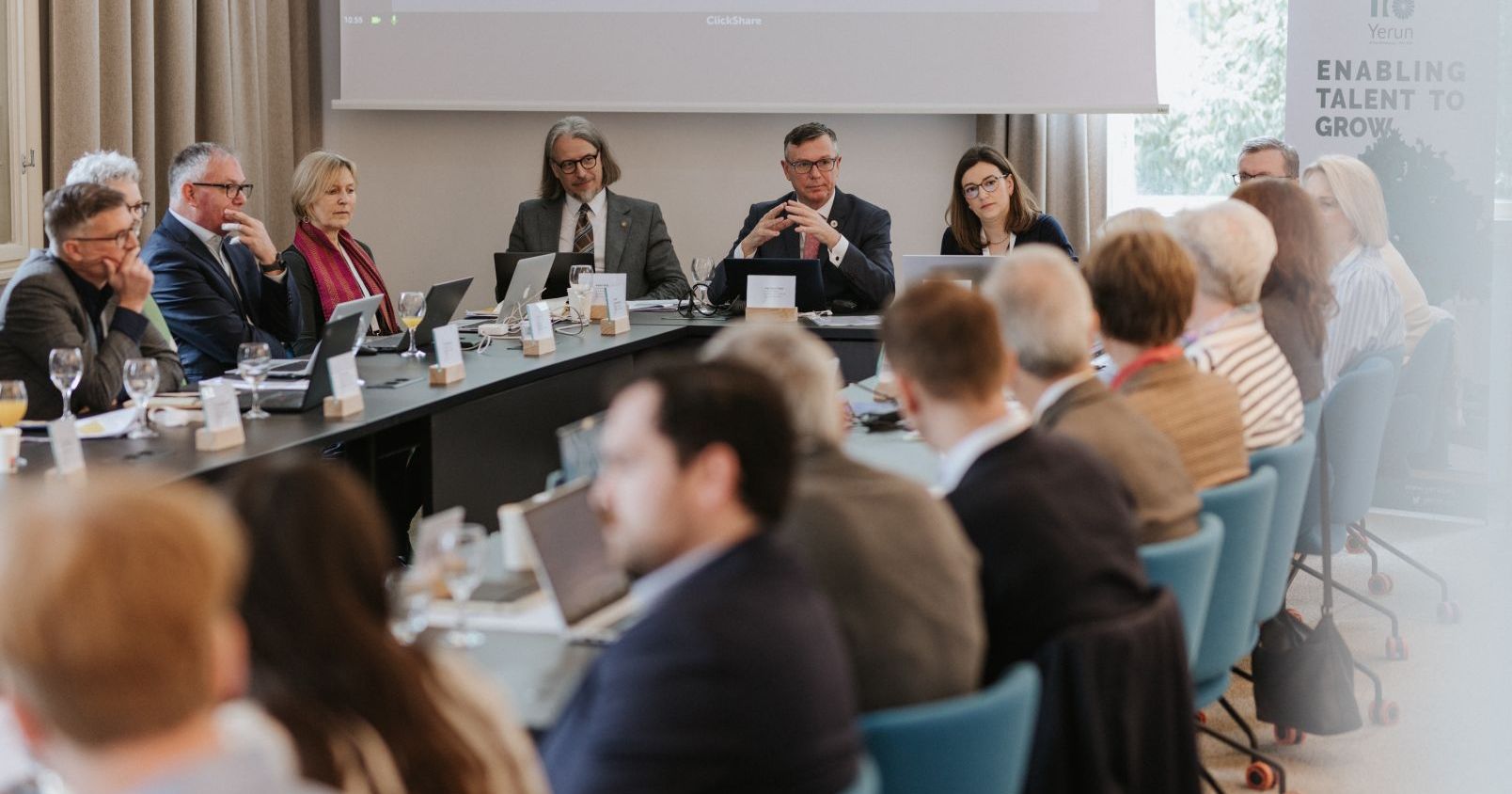 Campus life
Campus life
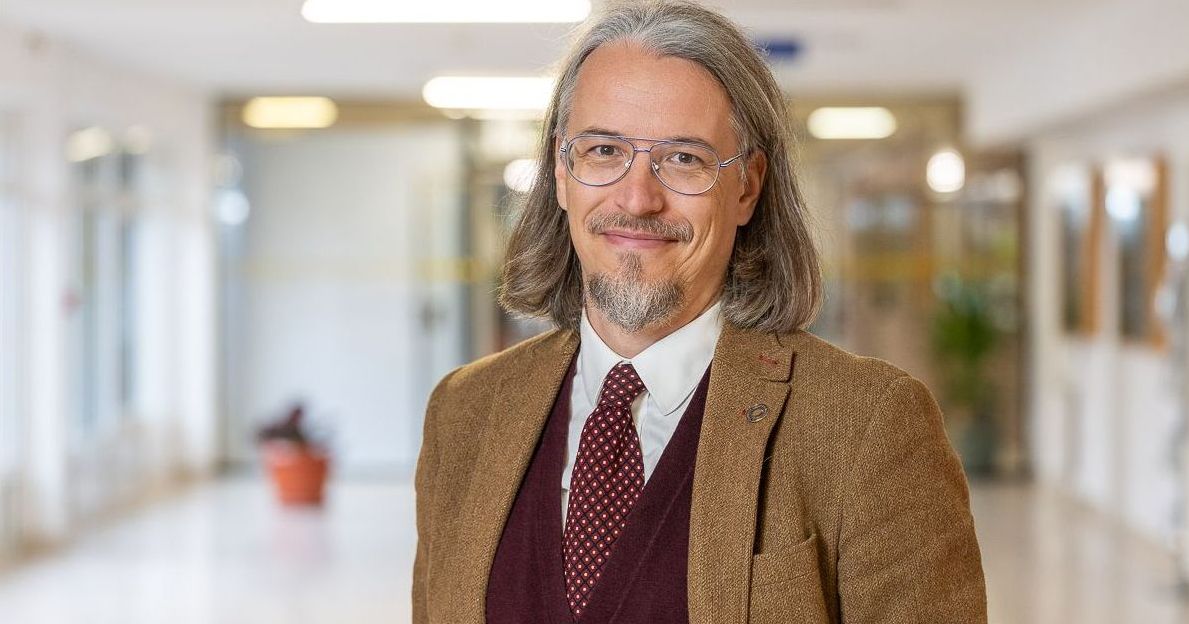 Campus life
Campus life
 Campus life
Campus life

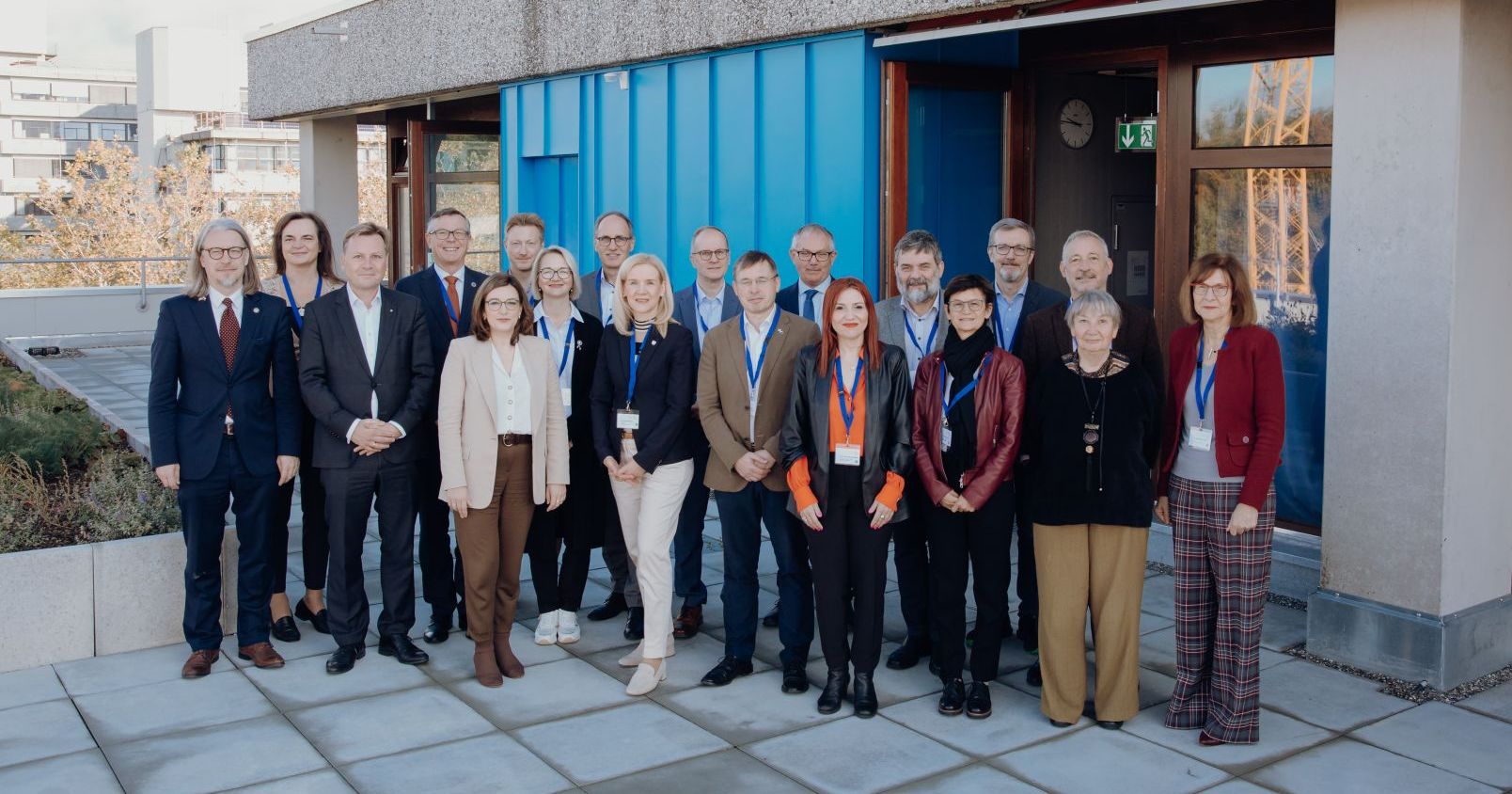 Campus life
Campus life
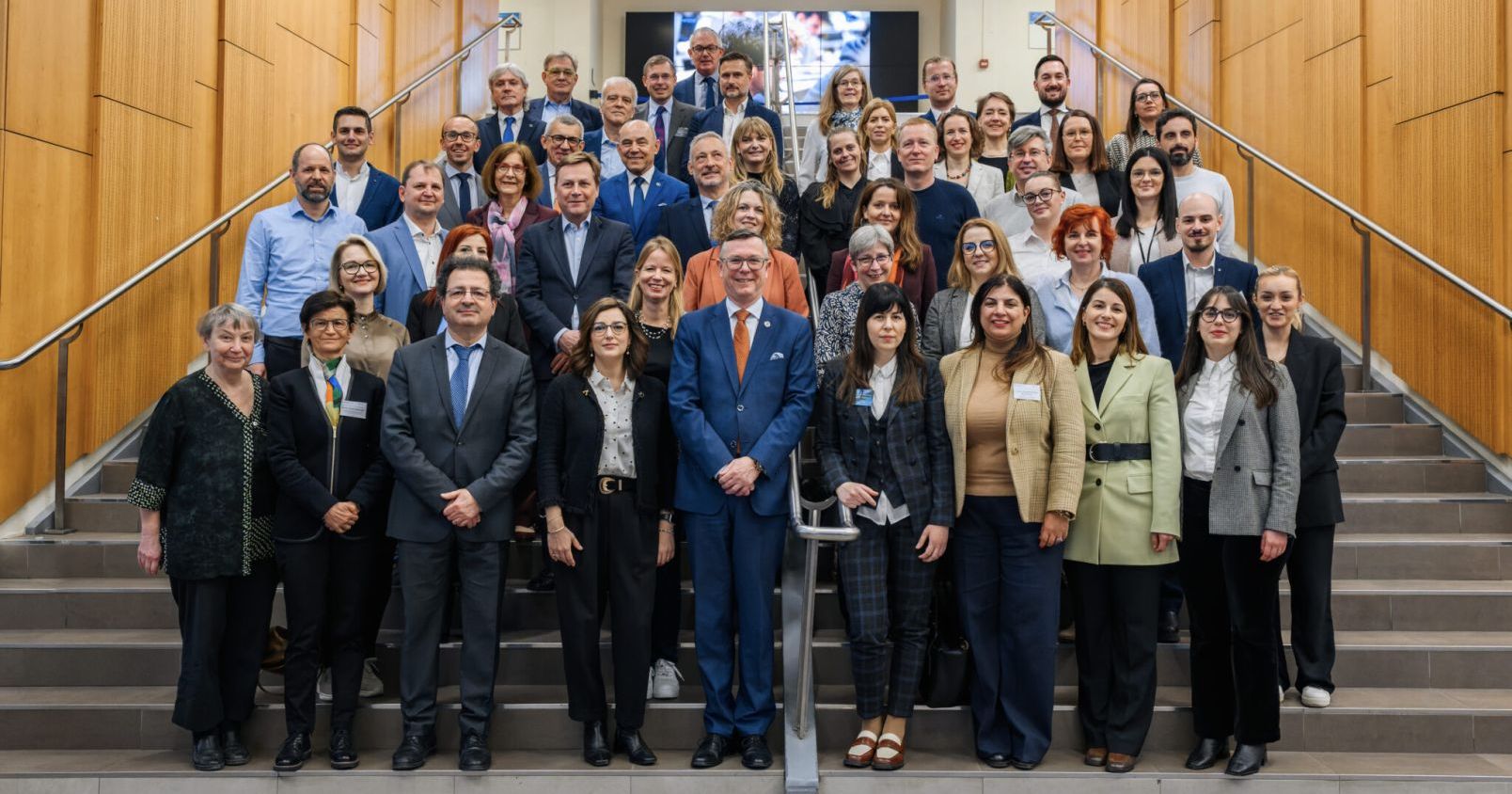 Campus life
Campus life